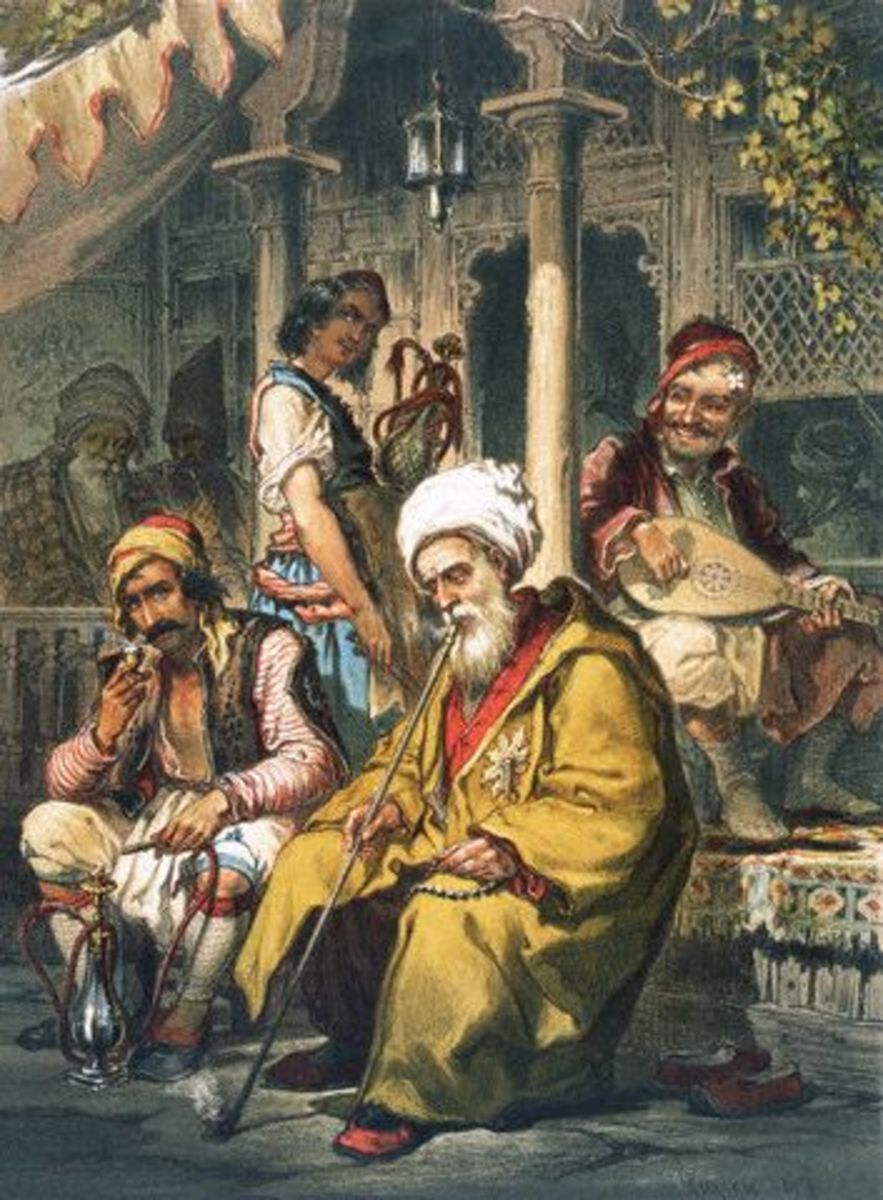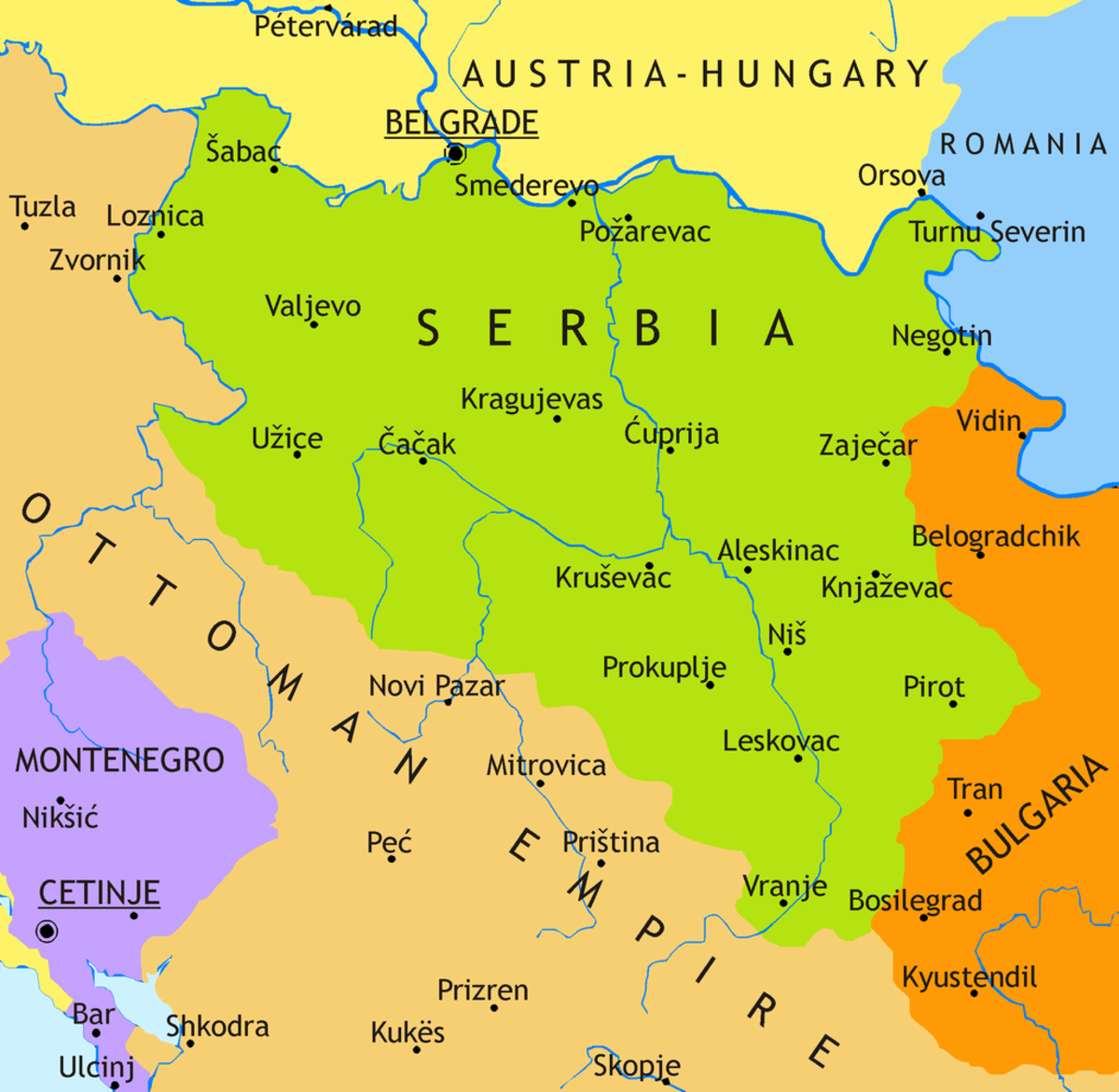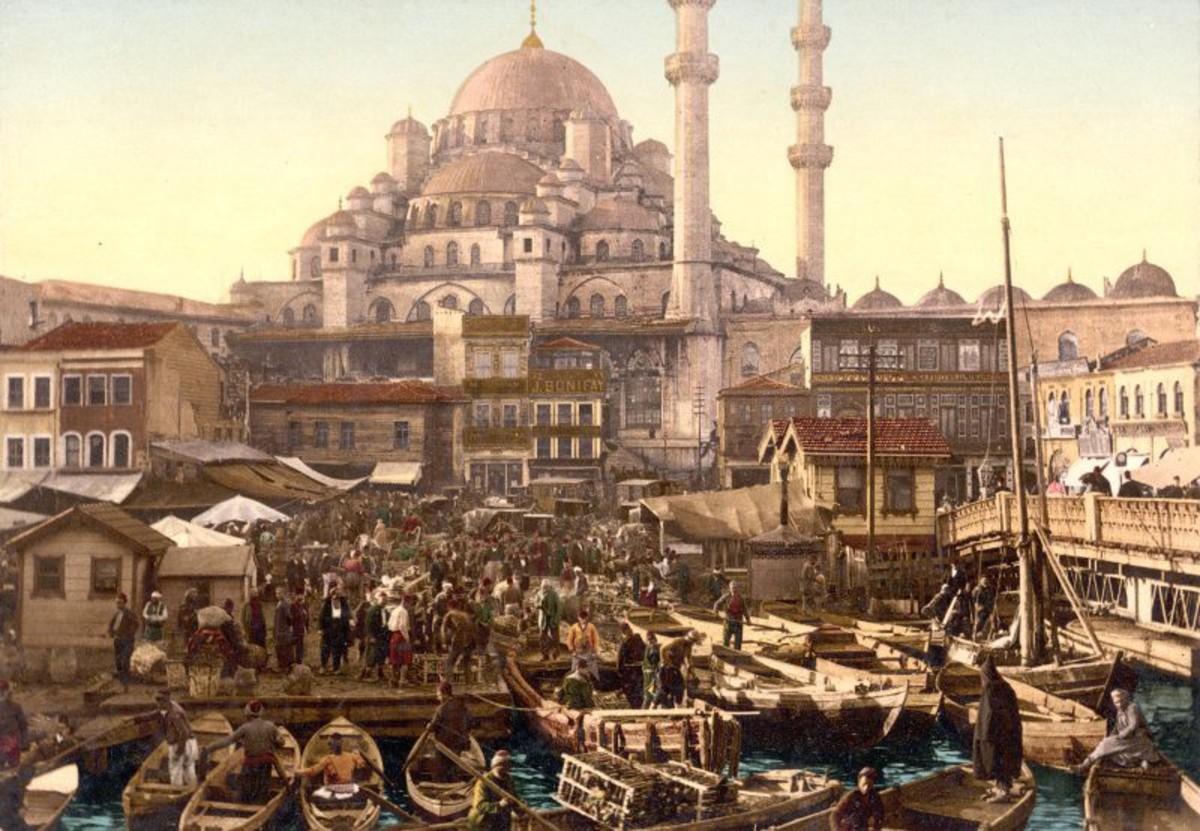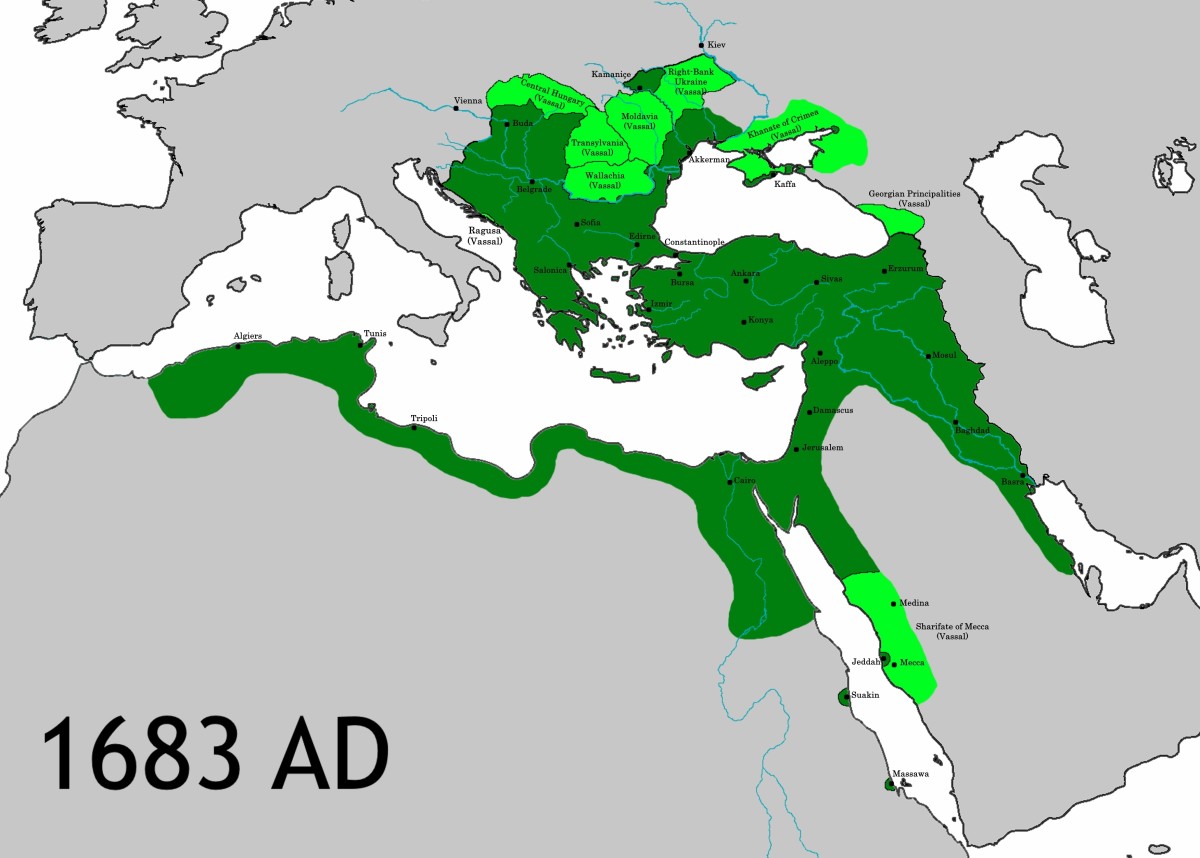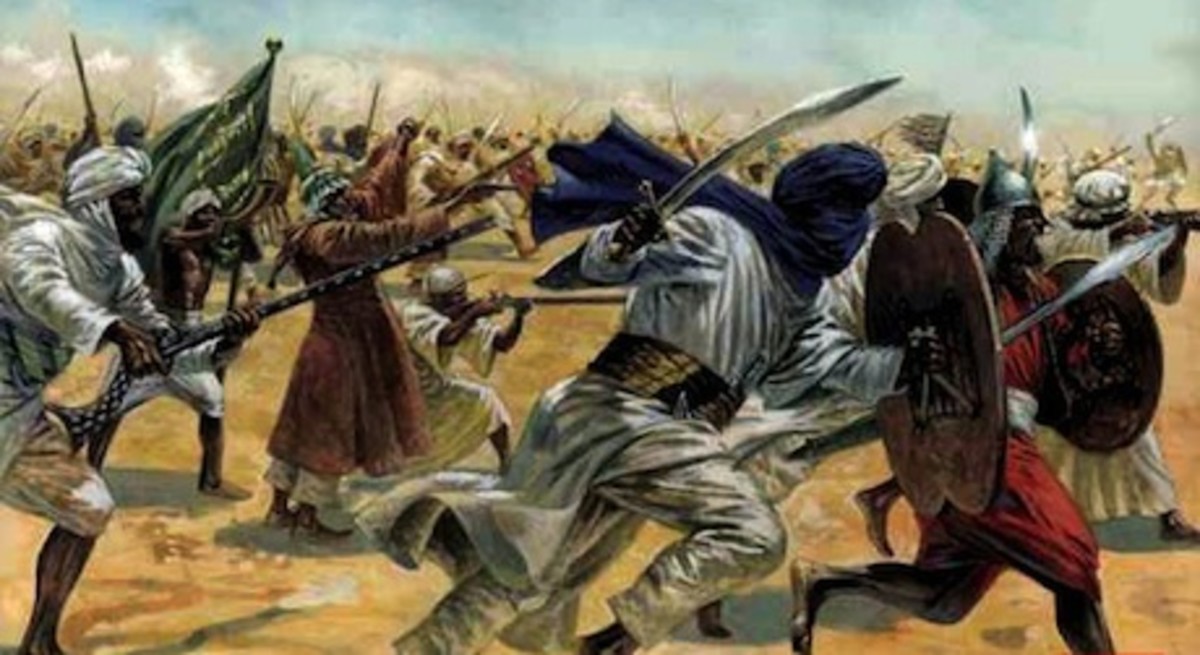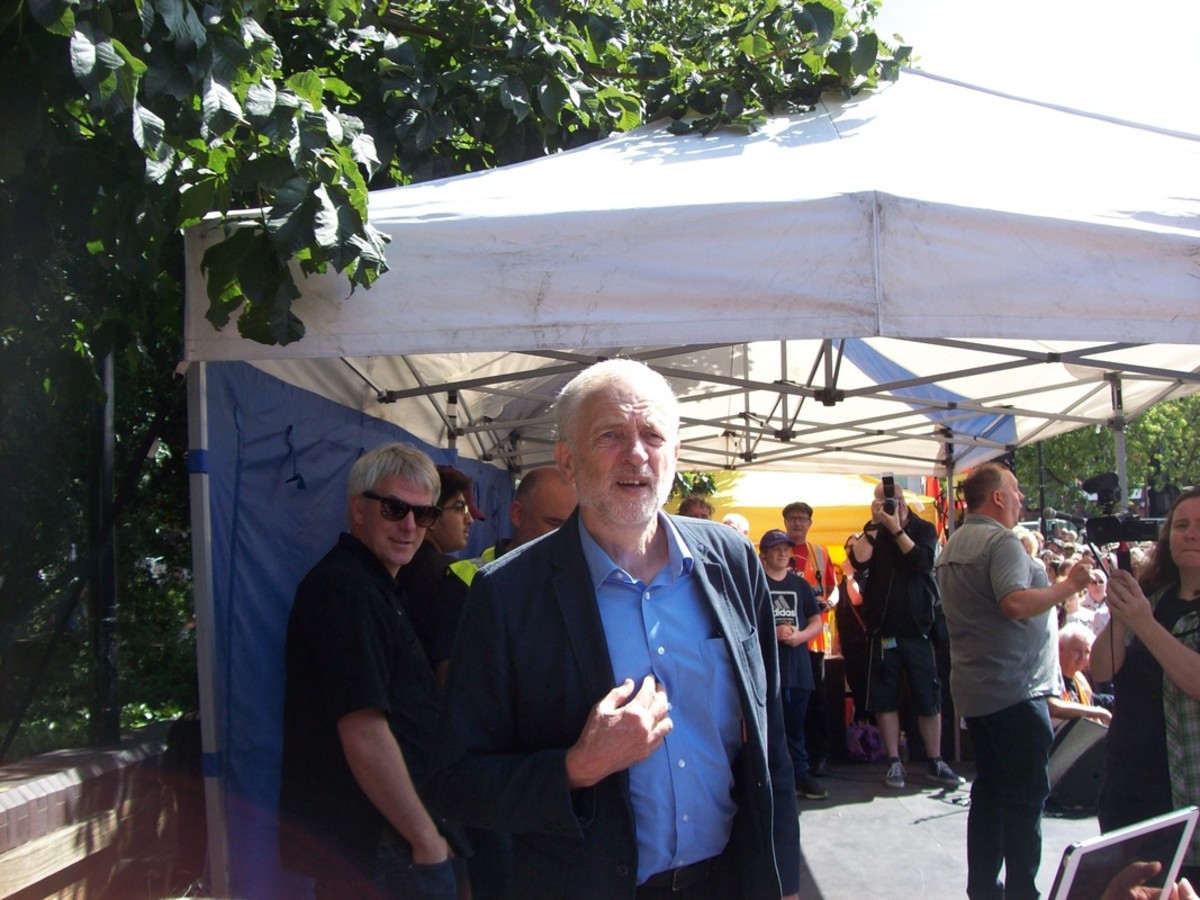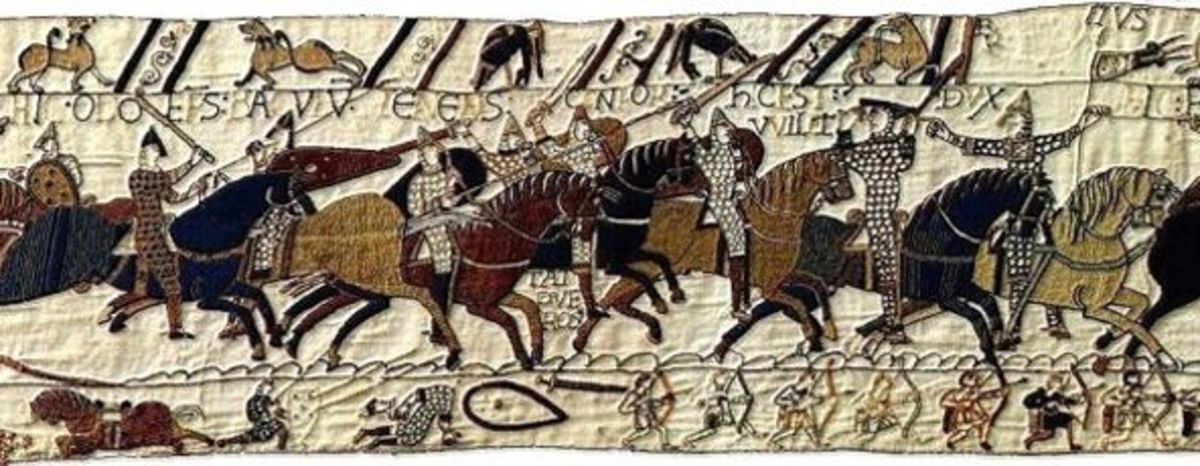Multiculturalism: a debate, Western and Muslim perspective, Part-2
Ibn Rushd (Averroes) and Maimonides in ”Out of Córdoba”
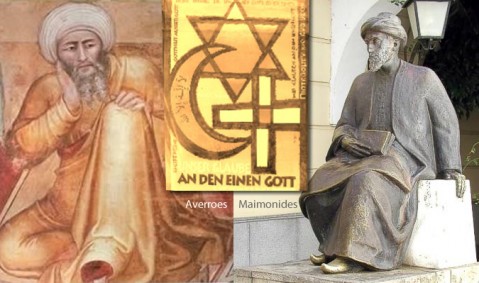
Let’s put the theory aside and talk about how pragmatically non-Muslims really were ruled in Muslim lands. The earlier history of treatment of Jews and Christians in Muslim lands was relatively positive as most historians have written favorable views about that, and some of them are ambivalent, and have written of periodic strife that took place at some point in time of the history.
But recent history, according to Muslims, is thoroughly biased and controversially skewed, largely influenced by the recent events of 9/11 attacks. Concoction of history is not a new phenomenon, it is manipulated, and facts interpolated to suit and favor a respective interest of a group of a people. Similarly, the unfortunate events of 9/11 reminded West of the it’s ever troublesome relationship with Islam ever since its inception and that there was nothing peaceful between the two at any time in the past.
Conflict or the Cooperation? Whatever the case may be - an objective analysis may shed the light on the realities of the past that can at least beacon an era of a relatively good understanding between both civilizations – Western and Muslim.
There is one thing which both Muslims and Christians do not realize often that is; both Islam and Christianity are triumphalist religions; each claiming that their followers are fortunate recipient of God’s final message to humanity and it’s their duty to spread the message, removing and overcoming all the obstacles that there may be in way. And the rest of religions can be termed as relativist; emphasizing that ‘the other one’ could also be right and that religious truth guiding towards divine are not and cannot be exclusive to any group of people. To them there are many ways to God.
Hence a competition between the two religions at every level was quite natural and expected. Thus far mutually objective assessment of each other’s role perhaps is difficult, if not impossible. So it would be prudently wise to stick to the majority of the views in relation to where they lead us.
It’s been historically acknowledged that both Jews and Christians were well treated in Muslim lands. According to many Jewish historians, Islam became the greatest savior in Judaism’s darkest times.
The situation was finely summarized by Historian G.E. Von Grunebaum : “It would not be difficult to put together the names of a very sizable number of Jewish subjects or citizens of the Islamic area who have attained to high rank, to power, to great financial influence, to significant and recognized intellectual attainment; and the same could be done for Christians...”
I am not here to act diplomatically and cryptically, but to describe explicitly the ideal position of what Islam says about the Non-Muslims –both Jews and Christians in particular - and how they be treated when living under Muslim rule. It’s not a surprise, though it may still be to some people, that Jews and Christians have been called in Quran as- Ahle Kitab - ‘people of the book’. A title of respect given to no other religious community but to Jews and Christians.
But to many of Jews and Christians, such a title bears no mark of distinction. They believe to be inferior to Muslims as per the Islamic law and that they are treated as second class citizens – as Dhimmis. At the superficial level such an emotional response is justified over bigoted law of Dhimmitude. But if it is analyzed from every angle, the ill effects of such a emotional response can be negated.
Like I said above, there should be greater understanding of each other’s perspective. It’ true that non-Muslims in Islam are Dhimmis – translated as the protected minority, in return of their security, freedom of religion and communal autonomy, they were obligated to pay Jizya - a poll tax. Which to both Jews and Christians is humiliating, but such a response is somewhat emotional but completely understandable. The fact is they have been given such a status, not because they are inferiors but non-Muslims, different from majority which are Muslims, hence they have no affiliation with the supposed theocratic state of Islam. Which in this case, only Muslims rightfully can claim to have.
How were Jews and Christians treated in Muslim lands of the past?
Jews in Muslim Lands
The most important way to look at the relationships between Jews and Muslims in the middle ages is to compare the Muslim world with the Christian world in the northern Europe. Most often than not, Jews in Europe were persecuted it declined precipitously to become worst in Europe and eventually leading to the expulsion of Jews from whole of Europe. And in Judaism's most difficult times, Muslims flung open their gates for them. However, in middle ages, tolerance in modern, liberal sense was not the virtue to be emulated.
During the times when Muslim armies captured vast swathes of Europe, the Jews of Europe saw new opportunities of prospering in Muslim Spain. In fact they prospered to an extent that half of the current Jewish population is known as Sephardi meaning “Spanish.” while other half would later become known as Ashkenazi, meaning “German.”
In Spain, Jews succeeded to establish symbiotic relationship with non-Jews and it’s a historical record that Jews flourished under Muslim Spain – some of the greatest Jewish scholars wrote in Arabic and they were given an air where they operated freely. Iberian Jews saw themselves as affluent of the Diaspora, and they believed themselves to be more educated, economically better-off and better cultivated. And it wasn't ironical that Andalusian Jews didn’t bother to ‘stay clear’ of their Muslim peers, in the sense, that relation between the upper classes of two communities generally were cordial and equable. Although, each of Spain’s religious groups lived within their own quarters, well, in to the 12th century, anarchy that followed after the assassination of Joseph Ibn Nagrela, a Jewish vizier to the court, in 1066 was considered to be unrepresentative even of restive Muslim lower classes, while the elites visited each other regularly and such visits were by no means rare.
First, three hundred years of Muslim rule of Spain, is considered glorious, but it wasn't to last long in the middle of 1100s, a scion of North African fundamental Berber shattered delicacies of what can safely be called as multicultural society of the middle ages. Almohades invaders pressed across the Strait of Gibraltar to overrun southern and central Iberia.
Muslim rulers once again began enforcing the sumptuary laws thus the dream of tolerant, cordial and multicultural society ended in shambles. Discriminatory laws, most of them originating outside Islam, were largely honored by masses and rulers alike, and implemented with the tacit approval of the rulers.
However, in marketplace, there was a considerable degree of inter- denominational cooperation, both Jews and Muslim mixed with each other freely, Jews lent Muslims money, but the reverse was also true.
Christians and Jews In Ottoman Empire
An important testimony of the toleration of Muslim rule is even persecuted Christians and other sects took refuge in Muhammadan lands, to enjoy their undisturbed exercise of their several cults. (Felix Valye, London, 1925)
Ottoman Empire became great military and political power in 14th century and as a result of Jewish expulsion – not just of Muslims from Iberian Peninsula – it embraced tens and thousands of Jewish people. Who made home in to cities of Ottoman Empire, i.e., Salonika, Constantinople, etc.
According to J.W. Arnold: It is undeniable historical fact that Turkish Armies never interfered with the cultural and religious affairs in areas they conquered. Another, historian Cecil Roth quoted as saying that, “Jewish people must always recall the Ottoman Empire with gratitude, who at Judaism’s darkest hour, flung open their doors widely and kept them open”.
While as for the Christians, upon a victory of Jerusalem by the second Caliph, Christians were given total freedom and safety. Not a drop of blood was shed as a result of the conquest. His behavior towards Christians and Jews was full of justice and equity, on account of such a tolerant behavior towards Christians, they believed that He was a Christian.
After the conquest of Constantinople by the Sultan Mehmet, Ottomans had to rule the vast numbers of Christian subjects as the city had been a center of Orthodox Christians for centuries. Until the 1530s, more than 80% of the population of the empire was non-Muslims, in order to face such a formidable task, Sultan Mehmet instituted ‘Millet System’. Under this system, each group of religious community constituted distinct Millet, in the sense that Jews were one Millet and Christians were Millet so on and so forth for the other minority groups, while the Ottomans were the guardians and protectors of all those Millets existing under its rule.
But more importantly, each Millet elected their own religious leader to lead them, for example Orthodox Patriarch the Archbishop of Constantinople was the elected leader of the Orthodox Church the biggest church in the empire. Moreover, the empire had nothing to do in the election of the Millet leaders. The leaders were allowed to enforce their own rule and law on their own people, Sharia had no jurisdiction over the affairs of respective Millets. Thus, in case of a crime committed by any person from any Millet entitled to punishment according to his/her own religious/secular law.
Similar independence of the cultural and religious affair is demanded by the Western Muslims of present day, that they be subjected under the Islamic personal law and not under Anglo-American law. Furthermore, Islamic personal law has nothing to do with the ‘Political Islam’ and the ‘Islamic Public law’.
The success story of the Ottoman Empire
Ottomans lasted for more than six hundred years, which is in itself a distinctive success story and the Millet system provided a great help in achieving communal harmony, many more Millets were brought in its fold, in as much as separate Millets were introduced, e.g., Armenian, Catholic, and Orthodox Christians. Ottomans were believed to be benign of its contemporaries, especially ones of Europe and from Europe.
If Ottomans had used Spanish model of colonial war, conquests and governments; Cyprus, Greece, Serbia, Armenia and Bulgaria would be Muslims today the way South Americans are Catholics today. Mayans, Incas and Aztecs – all disappeared and their civilizations got wiped out from history. The empire would not have lasted for more than six hundred years, by subduing minority groups and extirpating their cultures and sects. It is a historic truth that empires do not last long owing to such harsh and inhuman tactics. Roman empire was one such example, emulated by the ensuing empires of the past, under it people were free to worship and marry whoever they chose.
Similarly, Ottomans were by and large, benign imperialists. And in case, they oppressed a people, tax would not have collected easily, and even if it was collected, it would not have been to the optimal level. It was unimaginable in those days for any Western government to allow non-Christian communities to run their schools, leave their money to their children - as per their laws - not to the state, collect taxes for the welfare of their people, organize and police their own neighborhood, take punitive action against transgressors according to their own laws exercised in their own courts.
The truth of the matter is; Ottomans permitted, Gregorian, Armenian, Roman Catholics and Protestant communities to practice their own religion in the manner they chose fit. This is why Balkan Christians were able to preserve their national and religious identity under five centuries of Islamic rule.
The Ottoman had one of tolerant policies towards non-Turks of any empire of its day. The three communities of the, Jews, Armenian and Greeks were virtually autonomous within the empire. (P.F Peters Australian), June 9th, 1994.
One of the finest scholars that the West has produced, Arnold J Toynbee said that “Turks as a nation are ludicrously innocent of the propagandists’ art, the Ottoman institutions perhaps came as near as anything in real life could do realizing the ideals of Plato’s republic”. The religious toleration of the Ottoman Empire was complete in every sense, and the state never in any way interfered with what the Christians did or taught in schools and in churches.
Thing to do in the election of the Millet leaders. The leaders were allowed to enforce their own rule and law on their own people, Sharia had no jurisdiction over the affairs of respective Millets. Thus, in case of a crime committed by any person from any Millet entitled to punishment according to his/her own religious/secular law.
Similar independence of the cultural and religious affair is demanded by the Western Muslims of present day, that they be subjected under the Islamic personal law and not under Anglo-American law. Furthermore, Islamic personal law has nothing to do with the ‘Political Islam’ and the ‘Islamic Public law’.





